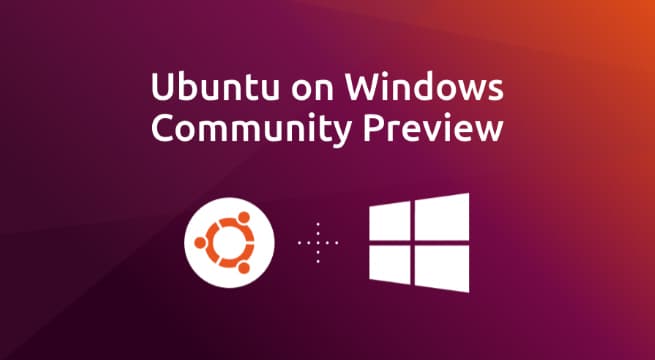
Ubuntu on Windows Community Preview is a special sandboxed build for testing new features on Windows Subsystem for Linux (WSL)
You can’t have failed to have noticed that Microsoft has been showing a lot of love to Linux in recent years, with the most obvious example being the inclusion of Windows Subsystem for Linux in Windows 10. The company has been improving this and adding new functionality regularly. Most recently it made it possible to use Windows Hello in WSL.
Today, Ubuntu Linux maker Canonical releases Ubuntu on Windows Community Preview which is a special build of its OS for WSL 2 that lets users experiment with new features and functionality in a sandbox environment.
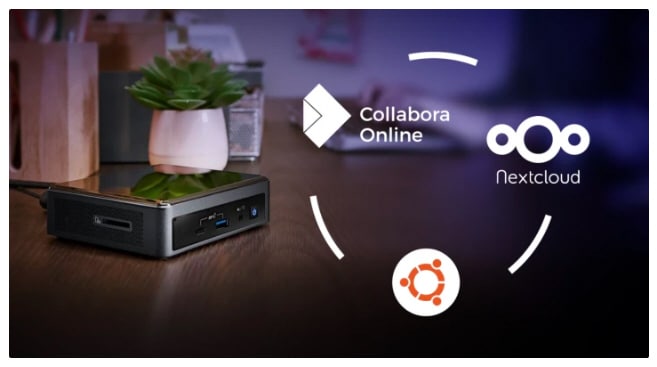
Canonical makes working from home as easy as Pi
A new content collaboration platform for 64-bit ARM processors will deliver the first viable self-hosted web office solution for the popular Raspberry Pi 4.
The result of a joint effort between Canonical, Collabora and Nextcloud this will allow Raspberry Pi users to turn their Pi 4 into a self-hosted content collaboration and document editing solution in just a few minutes.

Ubuntu Linux maker Canonical publishes curated container images to help secure software supply chains
A good deal of software development now relies on open source images, but it can be hard for businesses to know if they're introducing security flaws by using them.
Canonical -- the company behind Ubuntu Linux -- is addressing this by publishing the LTS (Long Term Support) Docker Image Portfolio, a curated set of secure container application images, on Docker Hub.

Canonical shares release schedule for Ubuntu 21.04 Hirsute Hippo
It's only a week since we saw the release of Ubuntu 20.10 Groovy Gorilla, and now Linux-luvvie Canonical has shared details of the follow-up -- Ubuntu 21.04 Hirsute Hippo.
The newly published release schedule shows that work kicks off today with the toolchain upload. There are a number of key dates to look forward to, including a beta release on April 1, 2021 and the final release just three weeks later.
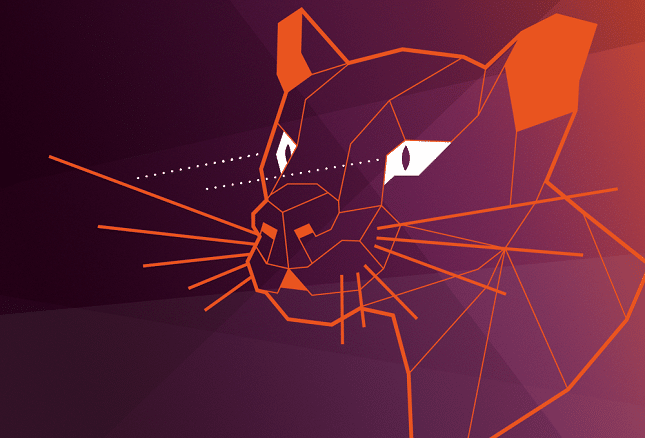
Ubuntu Linux 20.04 LTS 'Focal Fossa' now available for download
There are many desktop Linux distributions these days, but only a handful are significant enough to cause widespread excitement. None have the mainstream attention that Ubuntu does, however -- it is undoubtedly the most popular desktop Linux-based operating system on the planet. Hell, what other distro got mentioned on the wildly popular TV show The Big Bang Theory?
But why is Ubuntu so popular? Despite what some critics may say, Ubuntu's popularity and admiration are absolutely warranted -- there's a reason the distro has been trusted by so many people over the years. Not only is the operating system beautiful, easy to use, and very stable, but there are countless packages and repos available for it, making it a wise choice for both beginners and experts alike. Not to mention, it has a very large online community, making it is easy to find help if needed. Plus, these days, it uses the overall best desktop environment -- GNOME.

Ubuntu Linux publisher Canonical launches Managed Apps for enterprise DevOps teams
Ubuntu creator Canonical is launching a new Managed Apps platform, allowing enterprises to have their apps deployed and operated by Canonical as a fully managed service.
At launch the service will cover ten widely used cloud-native database and LMA (logging, monitoring and alerting) apps on multi-cloud Kubernetes but also on virtual machines across bare-metal, public and private cloud.

Switching from Windows 7 to Ubuntu Linux is very easy, so why is Canonical making it seem so hard?
I am a huge proponent of using Linux-based desktop operating systems, and I try to convert people from Windows whenever it makes sense. Why do I do this? Well, Linux distributions, believe it or not, are often easier to use than Microsoft's operating system. With so many people living in the web browser these days, a Linux installation with Google Chrome is largely all an average user needs. More advanced users can install excellent free software such as LibreOffice or GIMP -- if needed. Not to mention, it can be argued that Linux is more secure than Windows. Overall, switching to Linux is a huge win for many.
Even installing a Linux distro is easy these days. Long gone are the days where the installation required a degree in computer science (except for Arch, maybe). The current Ubuntu installer, for instance, is more straightforward than the one found on Windows 10! So why in the hell is Canonical, the maker of Ubuntu, making it seem so damn hard? You see, the company has put out an installation guide that will make a person curious about switching to Ubuntu to instead run for the hills.

Warning: Windows 7 is losing support, but so is this popular version of Ubuntu Linux!
Windows 7 is a great operating system -- there is a reason so many computer users have clung to it. Well, we can also thank the terrible Windows 8 for scaring people from upgrading, I suppose. Windows 8.1 was better, and Windows 10 is actually pretty good, but neither are loved like Windows 7 is.
Sadly, Microsoft is killing Windows 7 for most users -- it reaches end of life status in just two days, on January 14th. After that date, Windows 7 will be unsupported (except for businesses that choose to pay for extended support) -- you'd have to be a fool to continue using that operating system. You should upgrade to Windows 10 ASAP or switch to a Linux-based OS.

Cloud predictions for 2020
Multi-cloud environments have been a hot topic for the last year. Already, businesses have been realizing the benefits of a vendor-agnostic approach, which not only minimizes costs but gives them the freedom to innovate. However, there are a couple of aspects of operations which will be key in ensuring multi-cloud remains viable for enterprises in the long-term.
Despite the freedom which comes with a vendor neutral ecosystem, orchestrators haven’t yet overcome the headache associated with migrating workloads between these different cloud infrastructures. The past year saw major cloud players like IBM making acquisitions to address this, but as yet, they haven’t found a successful solution. Over the next year, this will be a priority for enterprises looking to remove the bottlenecks in their CI/CD pipeline. Organizations will invest in services which can help them harness a multi-cloud ecosystem, by supporting fast deployment, scalability, integration and operational tasks across public and private clouds.

Ubuntu-maker Canonical shares top 5 snaps per Linux distribution
All Linux users are the same, right? Oh, hell no! Linux users are a diverse bunch, with differing opinions, tastes, and personalities. In fact, that is probably a contributing factor to the fragmentation of the Linux community. Linux users have lots of options between distributions, desktop environments, and more -- they are not stuck in a box like Windows 10 users.
To highlight how different Linux users can be, Canonical has released some data about the installation of snaps, categorized by distro. It chose six of the most popular Linux-based operating systems for its analysis -- Ubuntu, Debian, Fedora, CentOS, Arch Linux, and Manjaro. It then shared the top five most popular snaps for each distribution.

Ubuntu-maker Canonical's GitHub account hacked
Canonical -- the company behind the Ubuntu Linux distro -- is investigating an attack on its GitHub account over the weekend.
On Saturday, hackers were able to break into Canonical's GitHub account and create a number of new repositories. Named CAN_GOT_HAXXD, the eleven repositories were empty and have now been removed. Canonical says that no source code was accessed, but it is not yet known who carried out the attack.
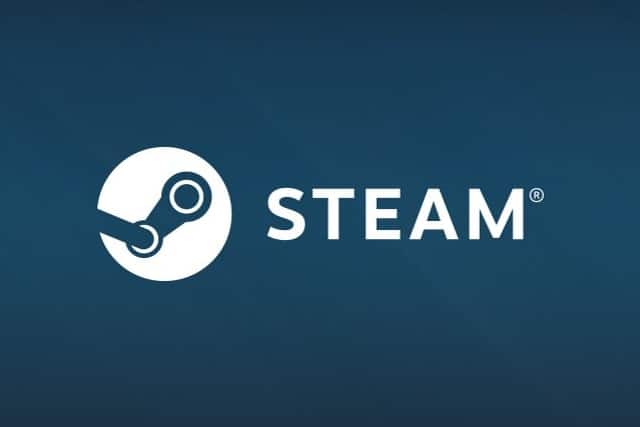
Steam will not support Ubuntu 19.10 onwards
It is only a few days since Canonical announced that it was dropping support for 32-bit packages as of Ubuntu 19.10. The fall out from this is now being felt.
While there were many developers who were not happy with the decision, Linux-based gamers are now likely to be more than slightly annoyed. Steam has announced that "Ubuntu 19.10 and future releases will not be officially supported by Steam or recommended to our users".

Microsoft and Ubuntu-maker Canonical launch Visual Studio Code snap for Linux
One of the most frustrating things for Windows users that switch to Linux is learning to install software. With Microsoft's operating system, you search the web for the software you want, download it, and install it. With Linux-based operating systems, however, programs are typically installed through a centralized app center or through the terminal. The Linux approach is arguably safer, as Windows users can easily be tricked into downloading malware. Windows 10 tries to emulate the centralized software center with the Microsoft Store, but users have largely rejected it.
Thanks to Canonical's wildly popular snaps (and other containerized packages, such as Flatpak), Linux users can more easily install software -- it should be more familiar to former Windows users. Snaps will work on most distributions too, meaning there is less work involved for software developers -- there is no need to create distro-dependent versions. Today, Microsoft furthers its commitment to Linux by releasing a snap version of Visual Studio Code. No, the source-code editor is not the Windows-maker's first snap -- it also released one for Skype, for instance.
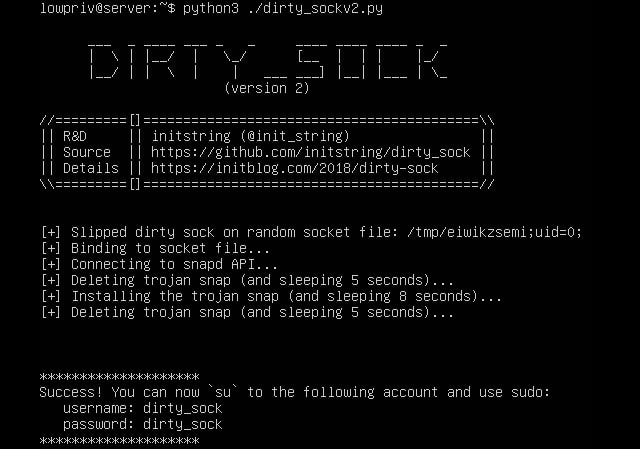
Dirty_Sock vulnerability in Canonical's snapd could give root access on Linux machines
A security researcher has discovered a vulnerability in Canonical's snapd package which could be exploited to gain administrator privileges and root access to affected Linux systems. The security issue has been dubbed Dirty_Sock and assigned the code CVE-2019-7304.
Chris Moberly found a privilege escalation vulnerability in the snapd API. This is installed by default in Ubuntu -- under which proofs of concept have been tested and found to work "100% of the time on fresh, default installations of Ubuntu Server and Desktop" -- but may also be present in numerous other Linux distros.

Canonical shares the Top 10 Linux Snaps of 2018 -- Spotify, Slack, Plex, VLC, and more!
As 2018 comes to a close, I find myself doing much reflecting. Linux consumes much of my thinking, and sadly, this was not the year that it overtakes Windows on the desktop. You know what, though? Windows 10 was an absolute disaster this year, while the Linux-based Chrome OS has slowly become more and more mature. Other desktop Linux distributions, such as Ubuntu, Mint and Fedora, continue to get better, and Android remains the undisputed king of mobile. As we all know, Linux powers many servers around the globe too. So yeah, maybe it isn't the year of the Linux desktop, but the open source kernel still had a superb 2018 -- I raise my glass to it.
One of the most refreshing aspects of Linux in 2018 was the popularity of Snaps. Canonical revealed that the containerized packages have been a smashing success. Today, the Ubuntu-maker highlights what it feels are the top 10 Snaps of 2018. No, it is not based on popularity or voting, but seemingly, just Canonical's opinion.
